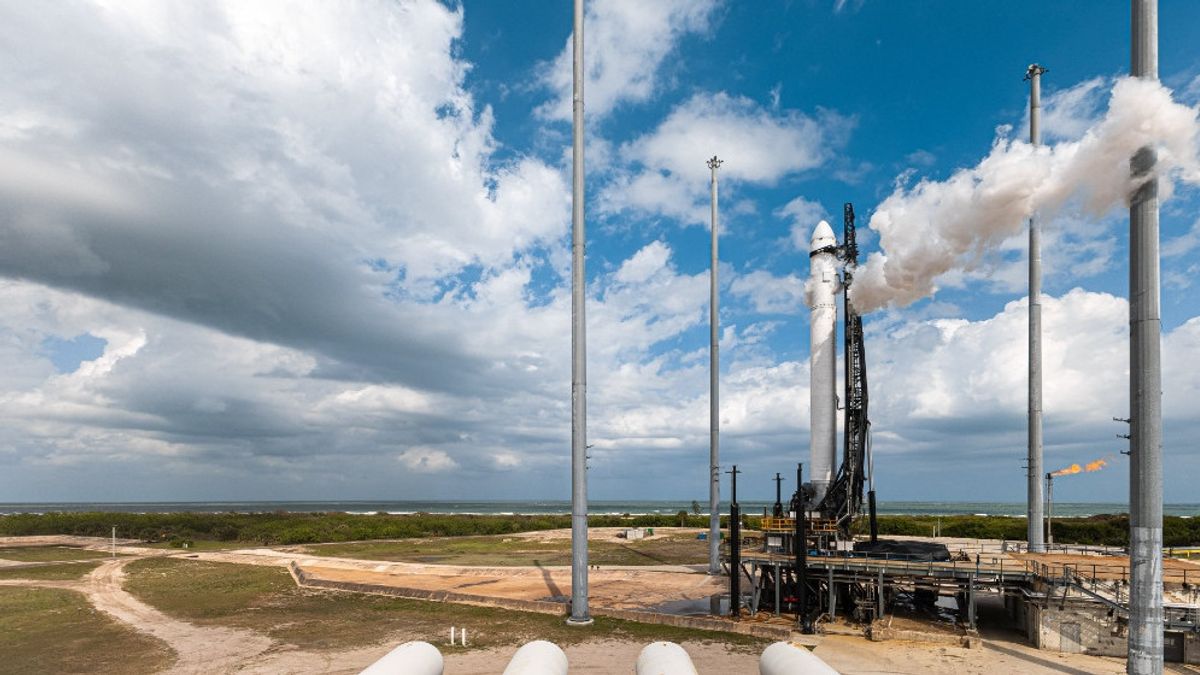JAKARTA - After two attempts to launch on the same day, Relativity Space chose to delay the launch of the world's first 3D printed rocket, Terran 1.
Terran 1 was supposed to be launched on Wednesday, March 8, but the effort was also canceled due to oxygen temperatures in the second-stage rocket landing beyond normal limits.
Last Saturday, Relativity Space tweeted that it was again delaying its initial launch attempt at 13:45 ET an hour to 14:45 ET due to high-level wind violations.
The plan is for the rocket to be launched at Cape Canaveral Space Force Station, Florida, United States (US), but when 45 seconds remaining in the countdown, the ground controller canceled the effort.
Based on initial data review, vehicle is healthy. More info to follow on cause of aborts today. Thanks for playing. #GLHF pic.twitter.com/h6MmFKHUNl
— Relativity Space (@relativityspace) March 11, 2023
An hour earlier, the rocket had a separate abortion in the last minute after the engine started, as quoted from Engadget, Monday, March 13.
Relativity Space has not said whether Saturday's abortion was related to the same issue last Wednesday. The company has not announced a new launch date and time.
"Based on the initial data review, the vehicle is healthy. Further information to follow the cause of the abortion today. Thank you for playing," tweeted @relativityspace.
Terran 1 flight test is a big step for Relativity Space and if successful, it will be an important milestone for the space technology industry.
The company stated that 3D printing could make the manufacture of rockets and the manufacture of space capsules as well as other components for missions to the Moon and Mars cheaper.
Previously reported, the mission will test Relativity Space's 3D printing technology, which combines 3D metal printing, Artificial Intelligence (AI), and autonomous robots to make rockets from raw materials within 60 days.
The rocket's height is about 35 meters high, making it the industry's smallest orbital rocket, and 85 percent of its mass is 3D.
In addition, Terran 1 is designed to lift up to 1,250 kilograms of loads into low-Earth orbit, and the company sets a price of 12 million US dollars (Rp185 billion) per flight.
The English, Chinese, Japanese, Arabic, and French versions are automatically generated by the AI. So there may still be inaccuracies in translating, please always see Indonesian as our main language. (system supported by DigitalSiber.id)













